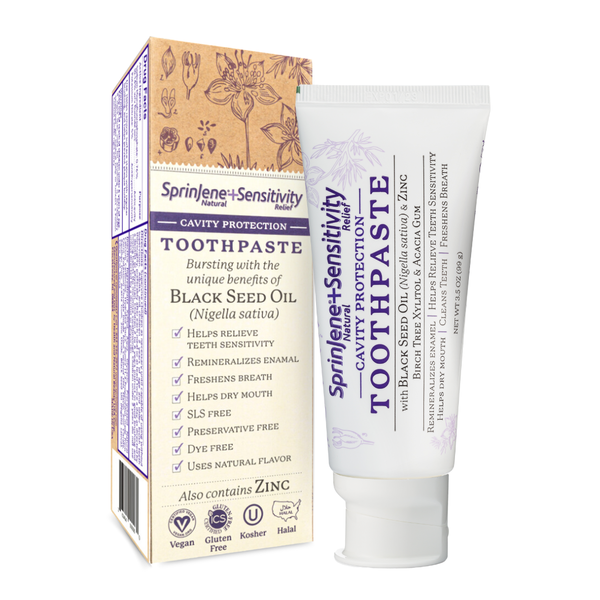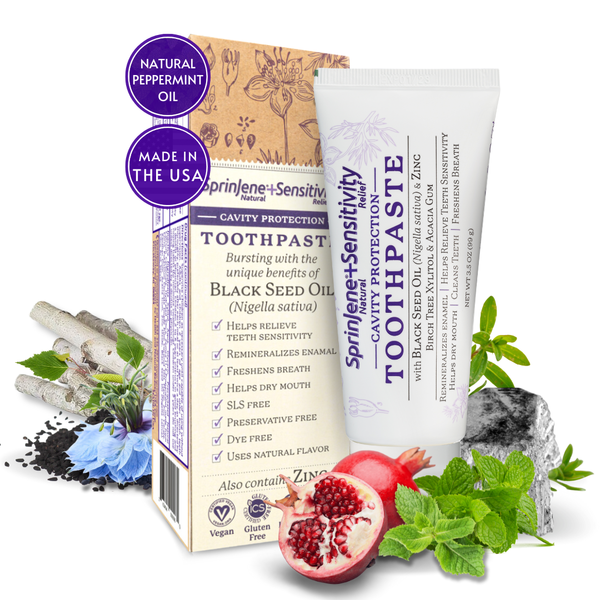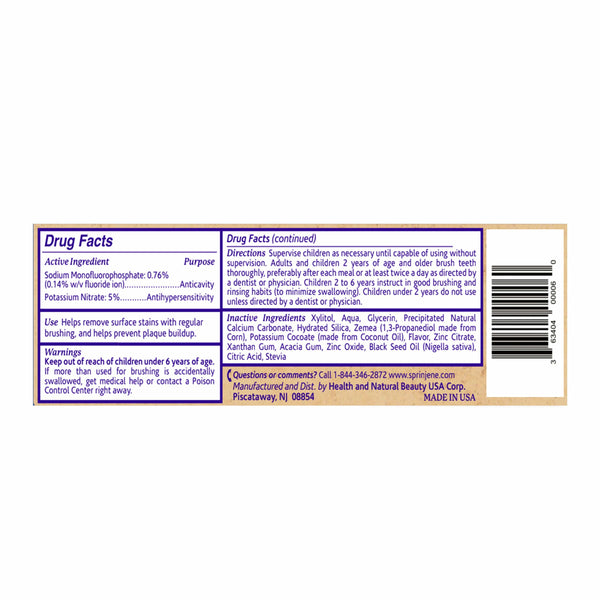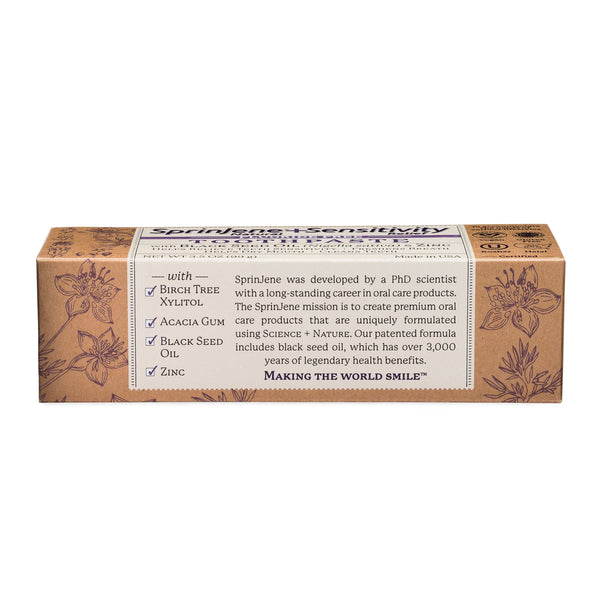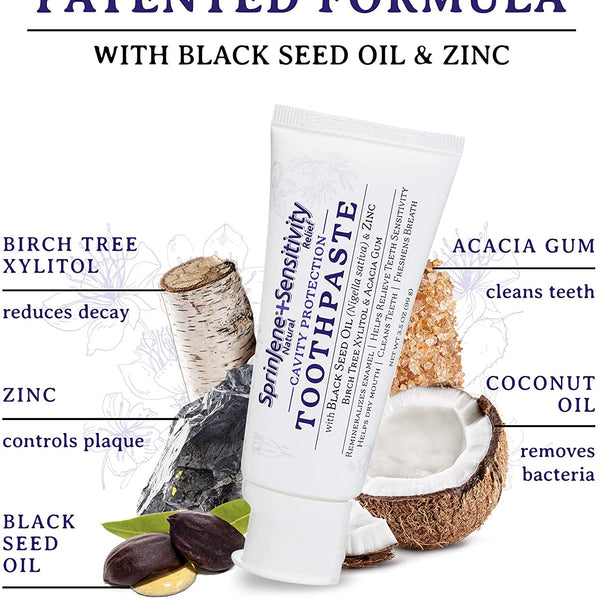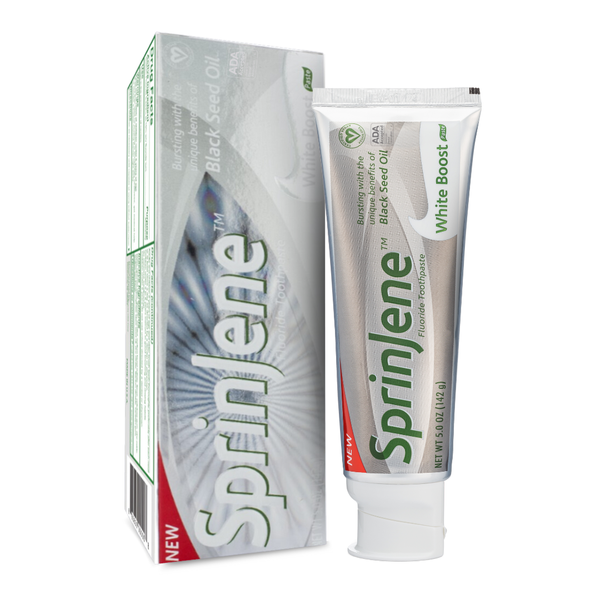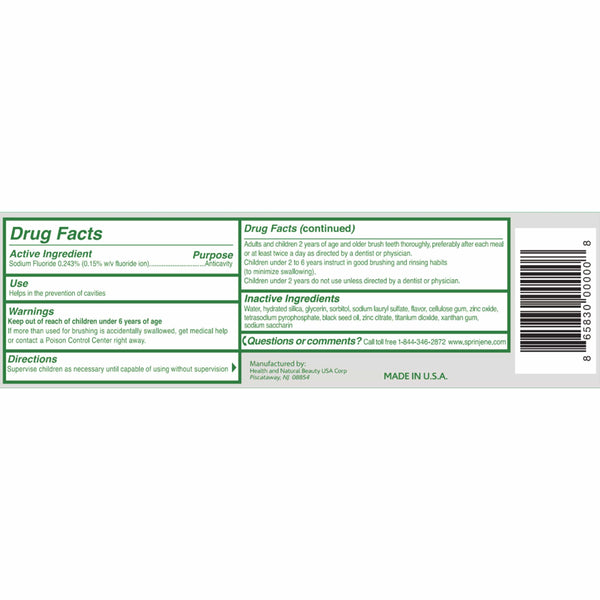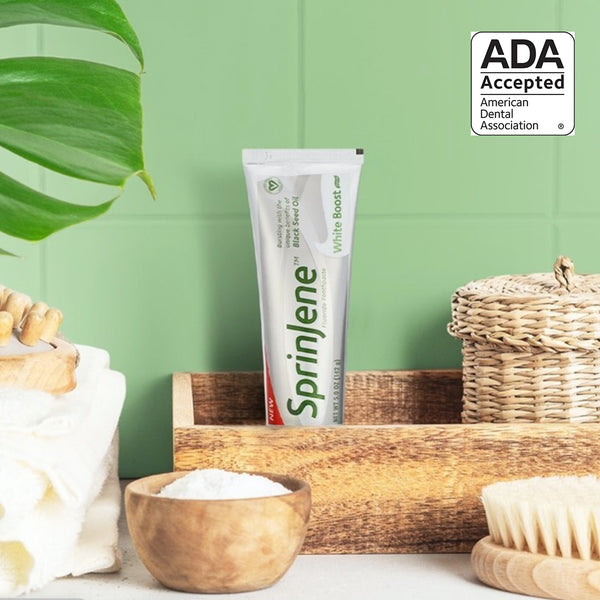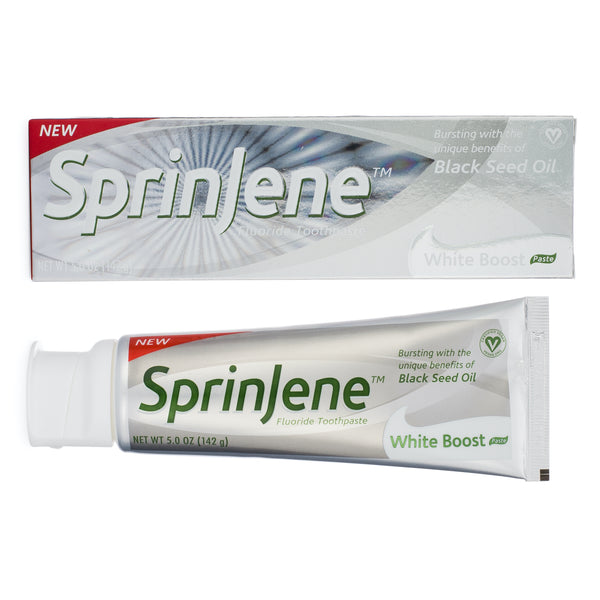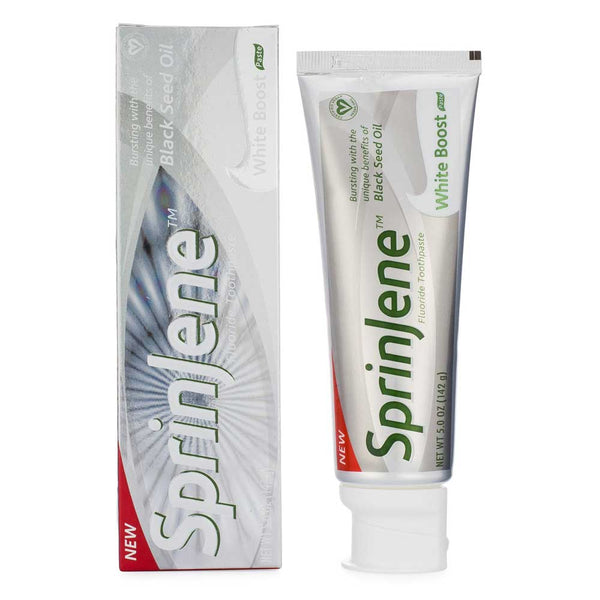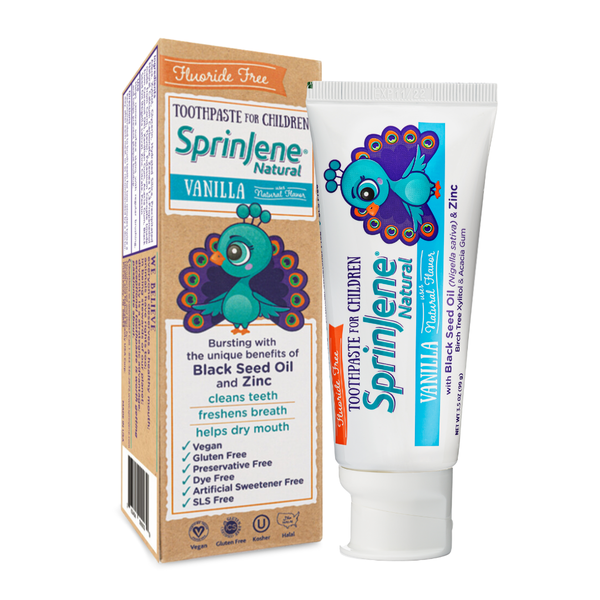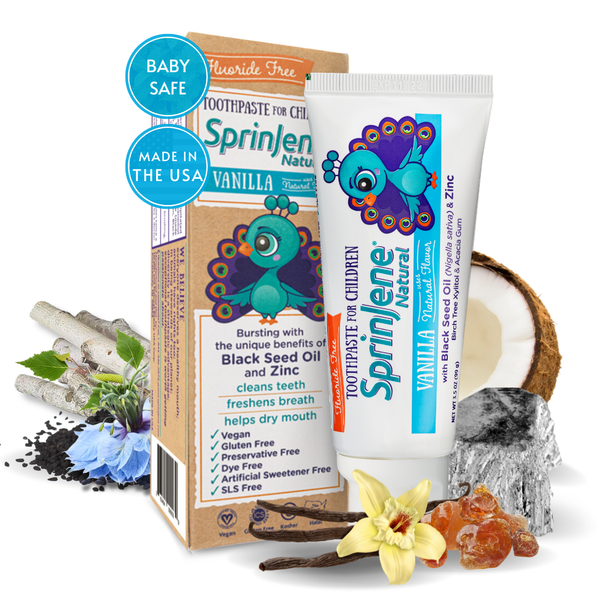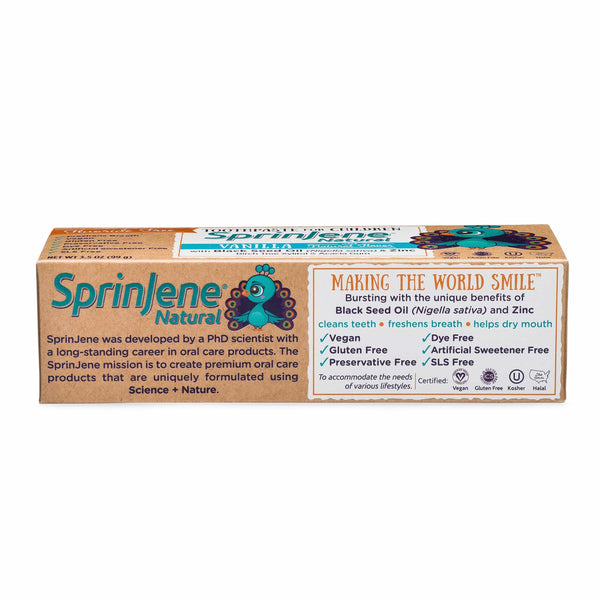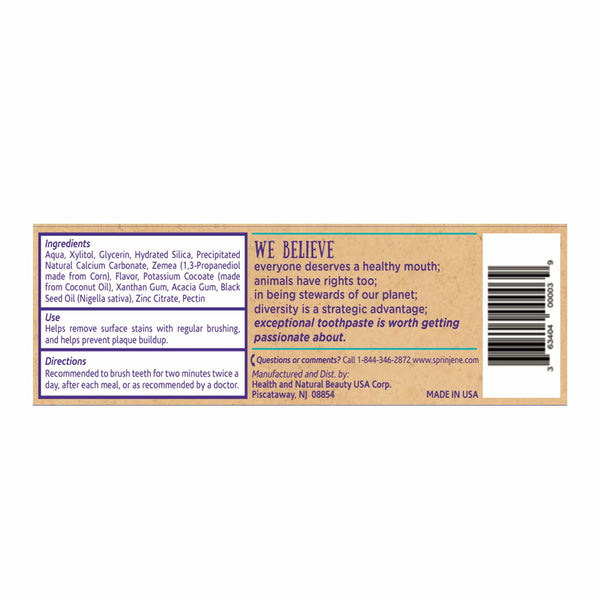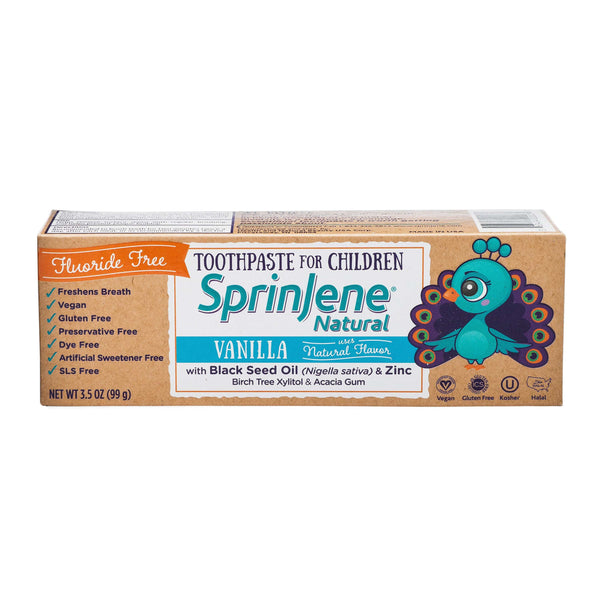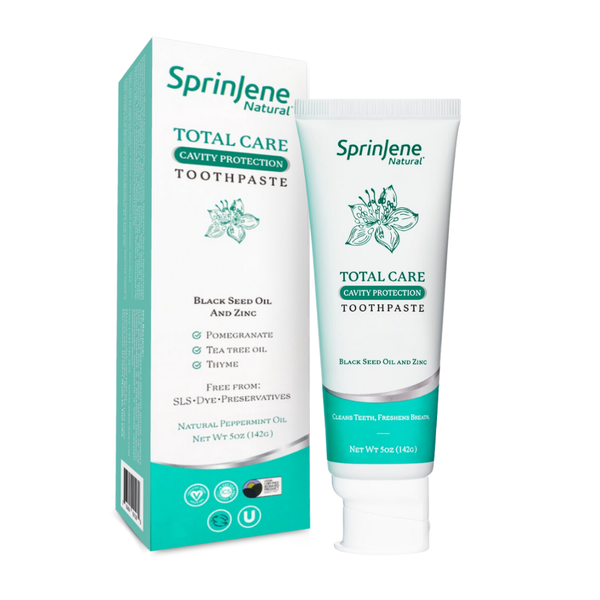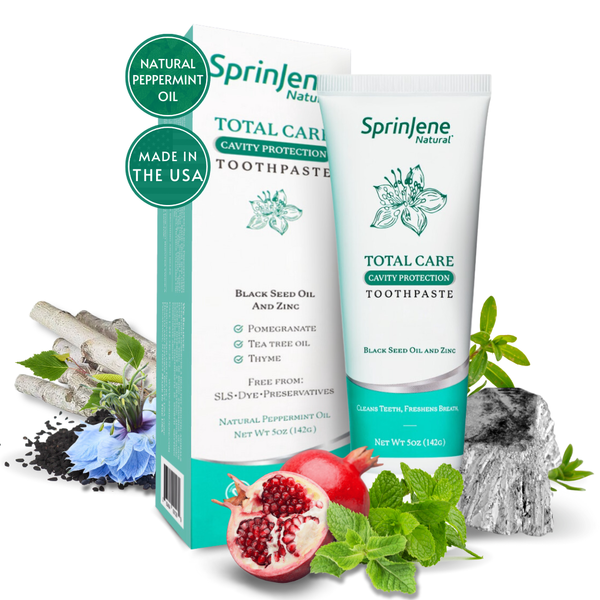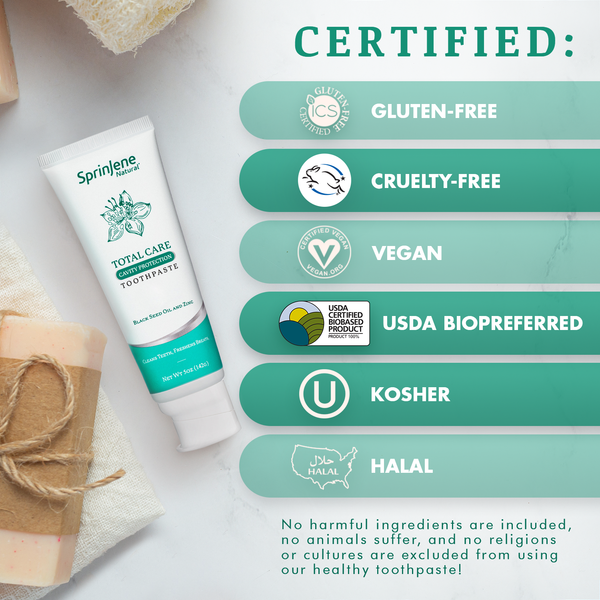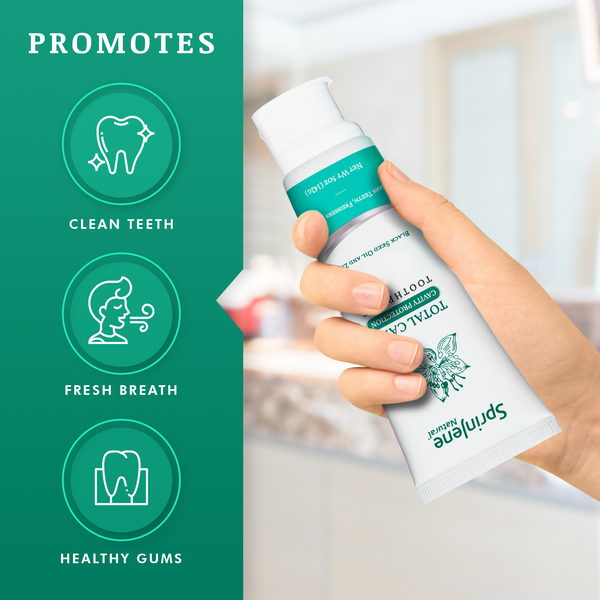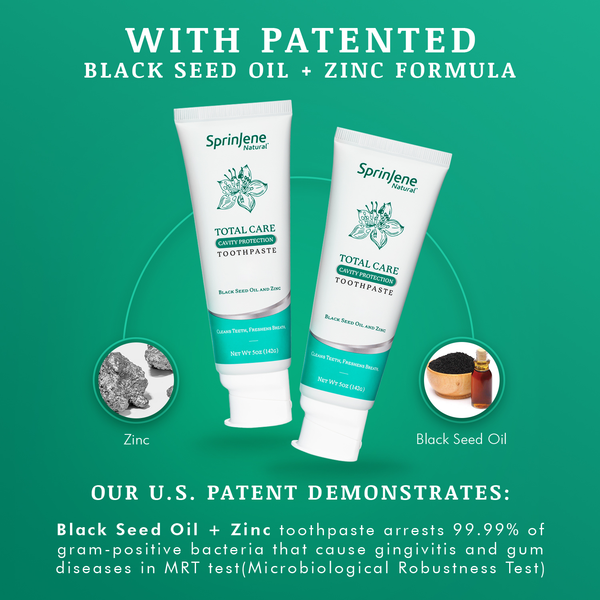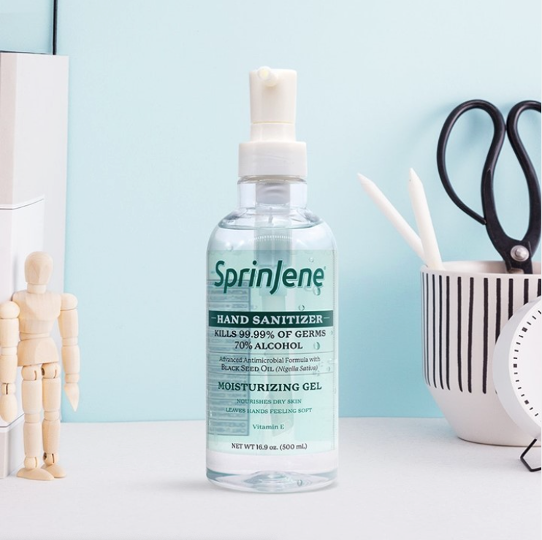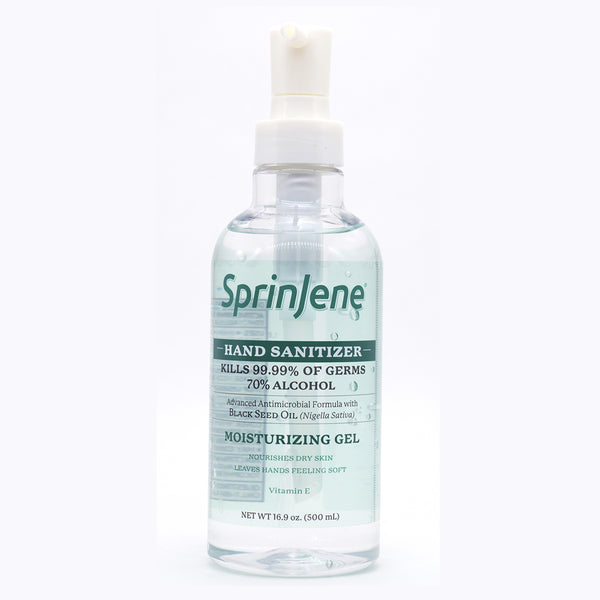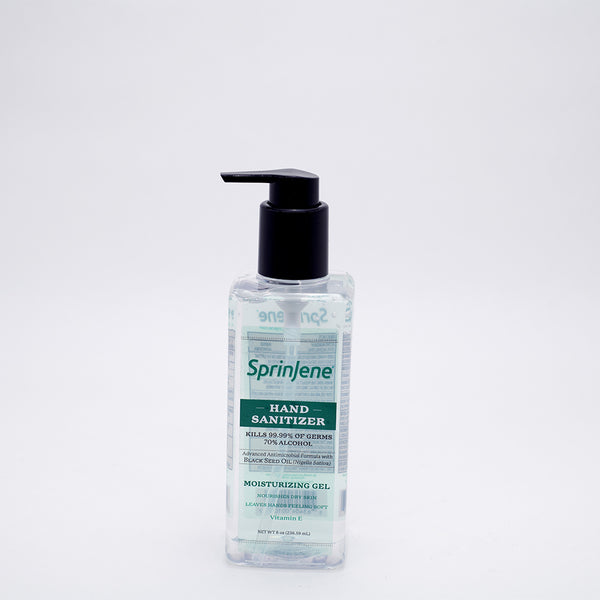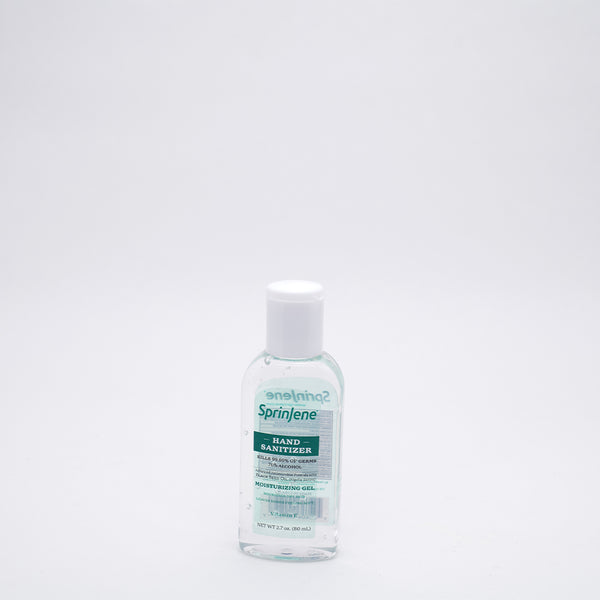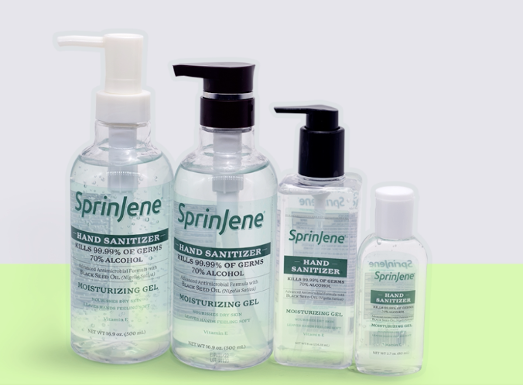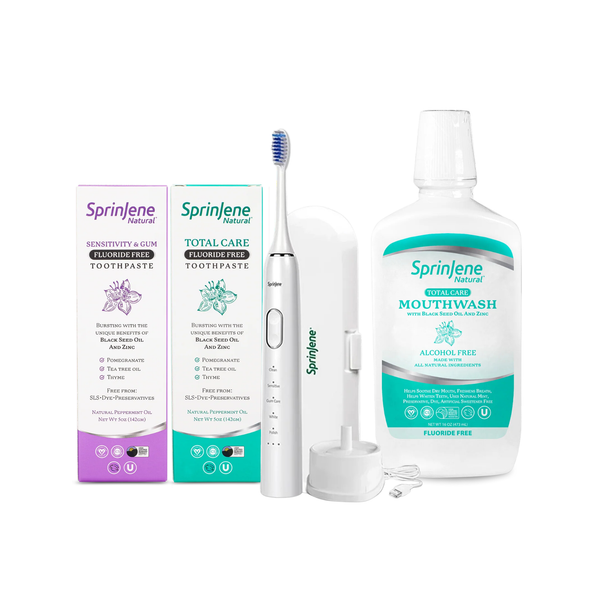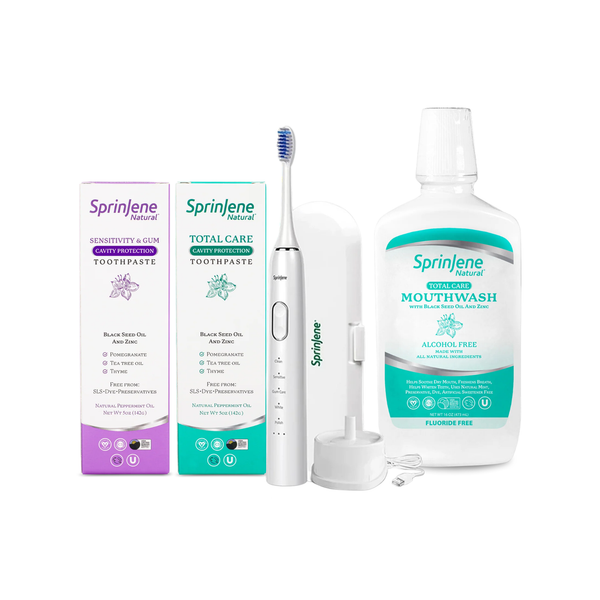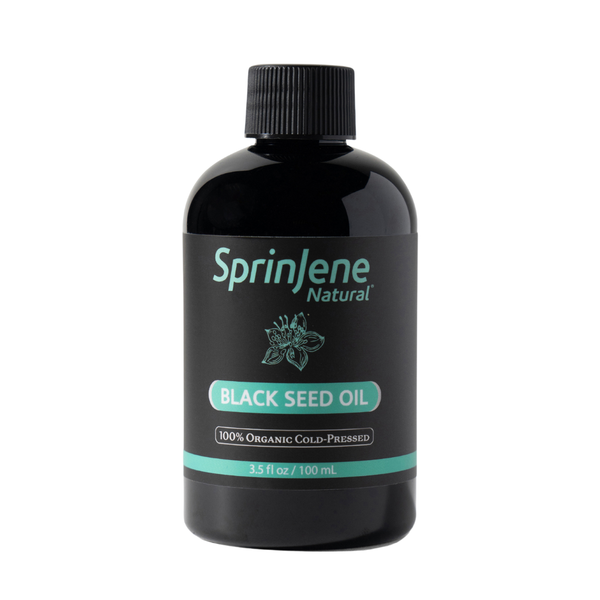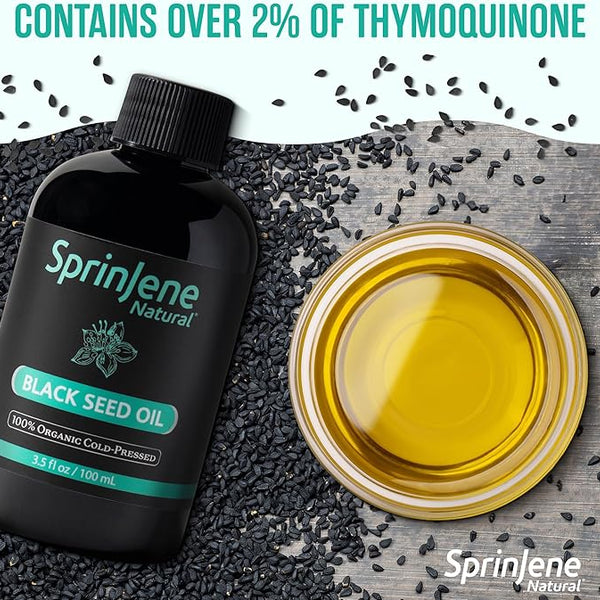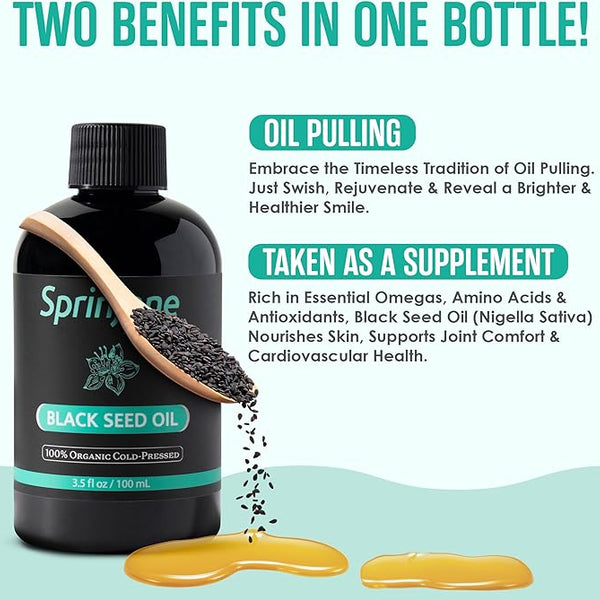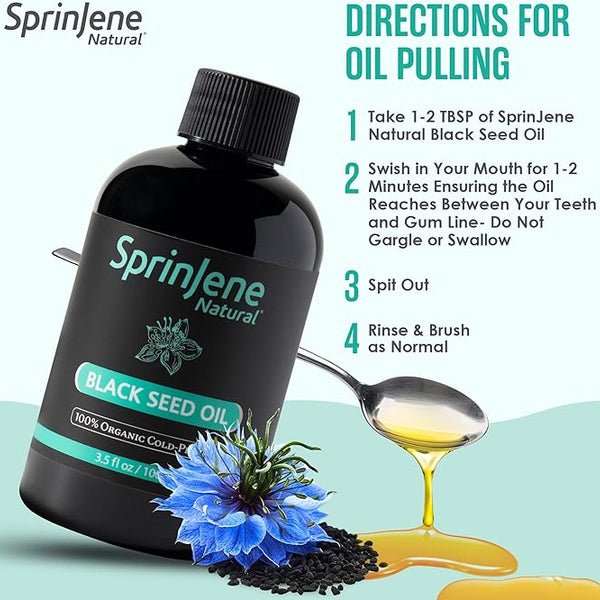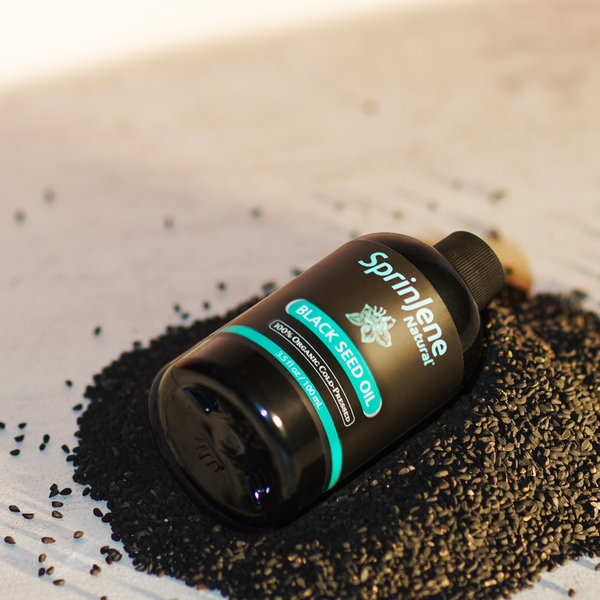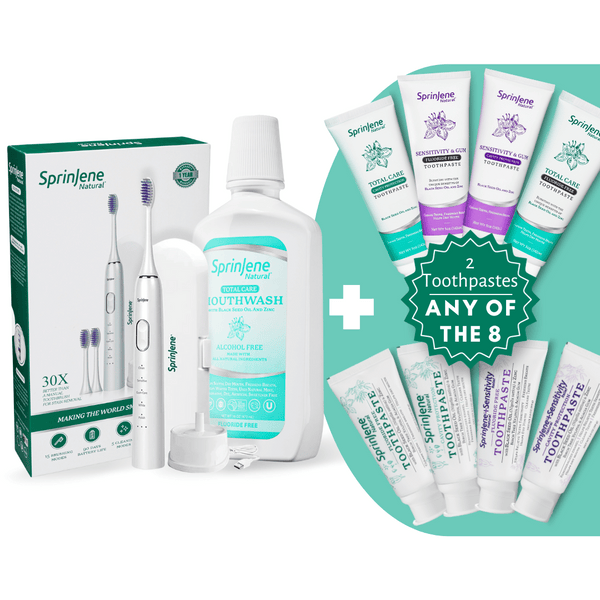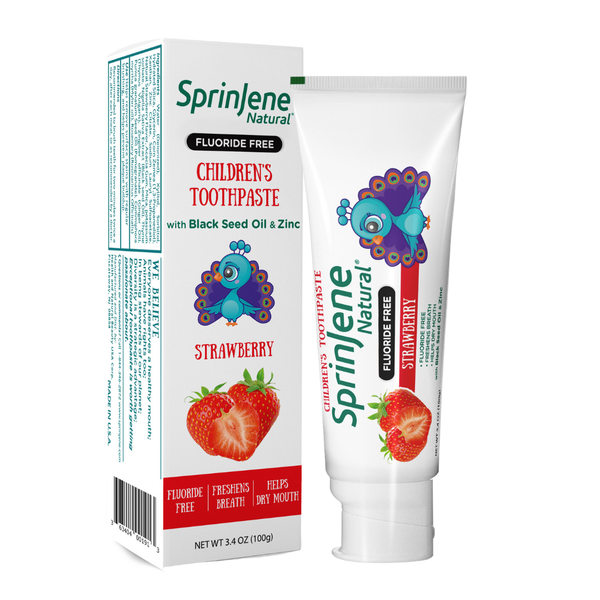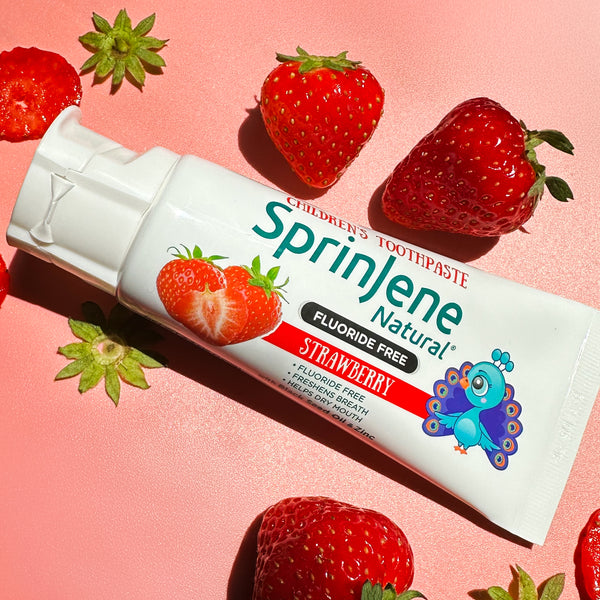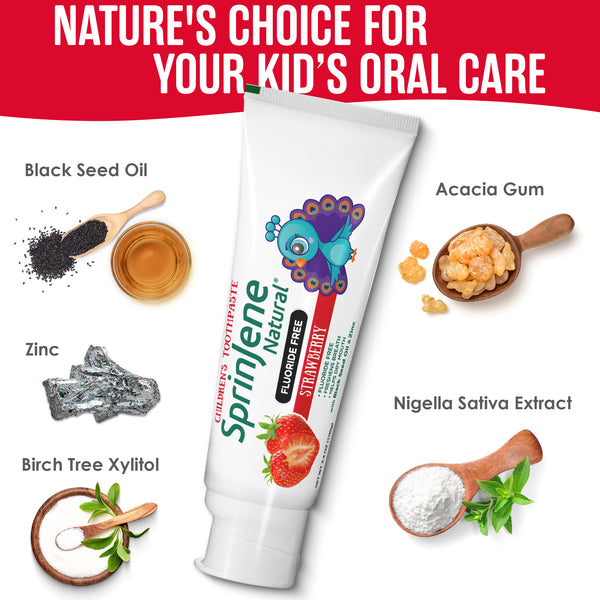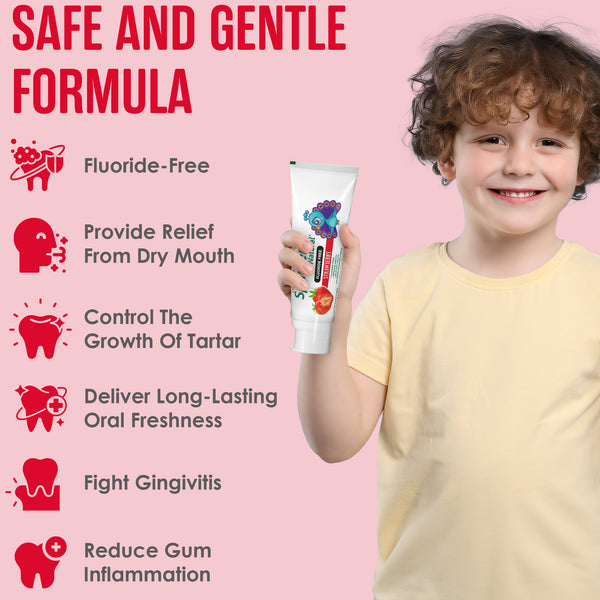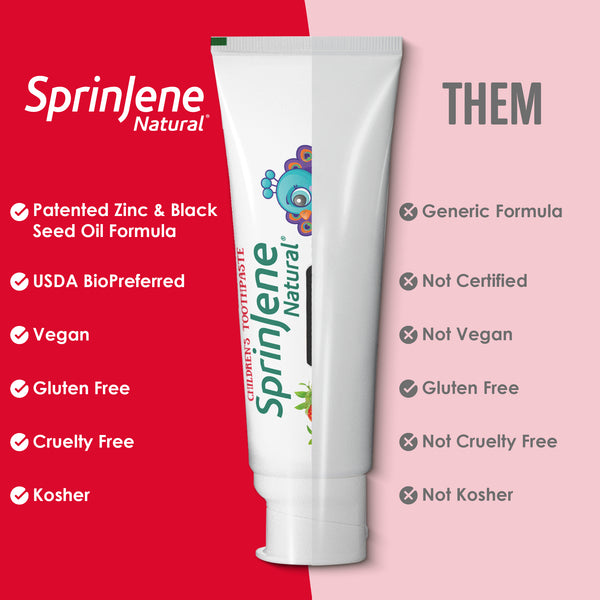
Mouthwash or oral rinse, is a liquid used to rinse your teeth, gums, and mouth. Most commonly it contains an antiseptic to kill harmful bacteria that can live between your teeth and on your tongue.
There are various reasons why people use a mouthwash. Some use it prevent bad breath, while others use it to try to prevent tooth decay.
It is important to remember that mouthwash doesn’t replace brushing your teeth or flossing in terms of oral hygiene, and it’s only effective when used correctly. Different product formulas contain different ingredients, and not all mouthwashes can strengthen your teeth so you must check the ingredients present in the mouth wash you choose to suit your particular need.
Gingival Disease:
Dental plaque is the main causative agent in the development and progression of gingival and periodontal diseases. Tooth brushing is the first line of defense against development and progression of gingival disease. But for mentally or physically-handicapped patients who are unable to brush their teeth themselves or other individuals who lack the dexterity, skill or motivation for mechanical plaque removal, mouthwashes may help in controlling dental plaque and periodontal disease. Mouthwashes should never be used as a replacement of tooth brushing, rather it should always be used in conjunction with it.
The use of mouthwash to control plaque bacteria first began some 5000 years ago when the Chinese recommended the use of child’s urine for the control of gingivitis. Mouthwashes can be used for various prophylactic and therapeutic purposes. These include treating oral infections, reducing inflammations, decreasing bad breath and to deliver fluoride locally in preventing caries. Before advising mouthwash to a patient, their ability to perform good mechanical oral hygiene practices, dental status, gingiva and oral mucosa, other oral diseases (xerostomia), and the efficacy of a mouthwash and its potential adverse effects should be considered.
Types of Mouthwash:
Mouthwashes can be classified according to the ingredients used in them. These are patient specific and one doesn’t necessarily suit everyone:
Chlorhexidine: the most common type. It has broad spectrum antimicrobial activity. It is effective against both gram-positive and gram-negative bacteria including aerobes and anaerobes, yeasts, fungi and lipid enveloped viruses. It has low toxicity and can be prescribed safely.
Essential oils: mouthwashes based on essential oils contain thymol, eucalyptol and menthol. They also have anti-inflammatory activity, prostaglandin inhibitory activity and antioxidants activity. Contra indicated in children and in patients with dry mouth.
Triclosan: Triclosan reduces the inflammatory reaction on the gingiva by sodium lauryl sulphate and reduce the severity and healing period of recurrent apthous ulcers.
Fluoride containing mouthwashes: indicated in patients with tooth decay or who are at risk for tooth decay. This is a great way to deliver fluoride but contra indicated in children under 6 years of age and those who have fluoride allergies.
Sodium bicarbonate: effective in increasing salivary ph
Oxygenating agents: recommended in acute ulcerative conditions and in long term denture wearers to relieve soreness.
Pyodine-iodine containing mouthwashes: broad spectrum anti-microbial activity.
Mouthwash Uses:
Mouthwashes can be used in various clinical conditions.
They can be used as an adjunct to mechanical oral hygiene procedure in conditions such as:
- After sub gingival scaling or root planing
- In patients having inadequate oral hygiene
- Post-scaling cervical hypersensitivity
Additionally they can be used to replace normal tooth brushing only in conditions when which is not possible such as:
- After periodontal surgical procedures
- After intermaxillary fixation
- During acute oral or gingival infection
- In mentally or physically handicapped patients
Oral health practitioners should be aware of the various factors and predisposing conditions affecting a particular oral lesion and then prescribe a mouthwash. Tbis is due to the fact there are many different types and not all work the same way. The use of mouthwash should be limited to a smaller period of time depending on the oral lesion present and should always be used along with tooth brushing and flossing. Long term use of alcohol based mouthwashes should be discouraged as this can cause dry mouth and tooth decay.




